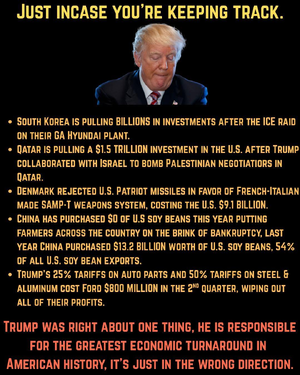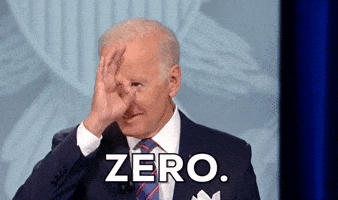Officials and business leaders in both countries are questioning commitments their governments made to invest hundreds of billions in American manufacturing.

www.nytimes.com
In the span of 24 hours last week, President Trump managed to roil both South Korea and Japan, two longtime allies that less than two months earlier had said they would invest a combined nearly $1 trillion in the United States in exchange for lower tariffs.
Last Thursday, U.S.
immigration officials raided the construction site of a major Hyundai-LG plant in Georgia, a flagship project by two of South Korea’s most prominent companies. Hundreds of South Korean citizens were arrested and detained for, according to federal officials, living or working in the country illegally.
On the same day, Mr. Trump signed an executive order enacting a trade deal he had
struck with Japan in July, committing Japan to invest $550 billion in the United States. The order codified the reduced automotive tariffs that Tokyo had desperately sought. However, it came with a memorandum of understanding between the two countries stating outright that Mr. Trump, not Japanese officials, will select how the $550 billion will be invested. If Japan goes against his wishes, he will have the right to impose higher tariffs.
These events were the latest display of how Mr. Trump is using the negotiations over trade to pursue his agenda, despite the diplomatic, political and economic consequences for America’s closest allies.
In both Japan and South Korea, increasingly vocal leaders in government and business feel their countries were strong-armed and are questioning whether it still made sense to comply with Mr. Trump’s demands.
...
Lee Jae Myung, South Korea’s president, said on Wednesday that the country’s businesses were “flummoxed” by the raid because “they were not there as long-term or permanent workers but as technicians who helped install facilities and equipment.”
If the United States does not help such people work safely in the country, South Korean businesses would “hesitate to make direct investments.” While he declined to elaborate on the ongoing negotiations for a trade deal, Mr. Lee explained why the process was difficult.
“We will not make a decision that goes against our national interests,” he said. “We will not engage in negotiations that are not rational or just.”
...
“It’s a mistake to think that America will ask for money for something and Japan will just give it,” Mr. Hosokawa said. “Japan did not become America’s A.T.M.”
On Sunday, Japan’s beleaguered prime minister, Shigeru Ishiba, announced
his intention to step down, adding a layer of political uncertainty in Tokyo. The trade deal and investment commitment will remain hot-button issues heading into a leadership vote early next month for the ruling Liberal Democratic Party.







